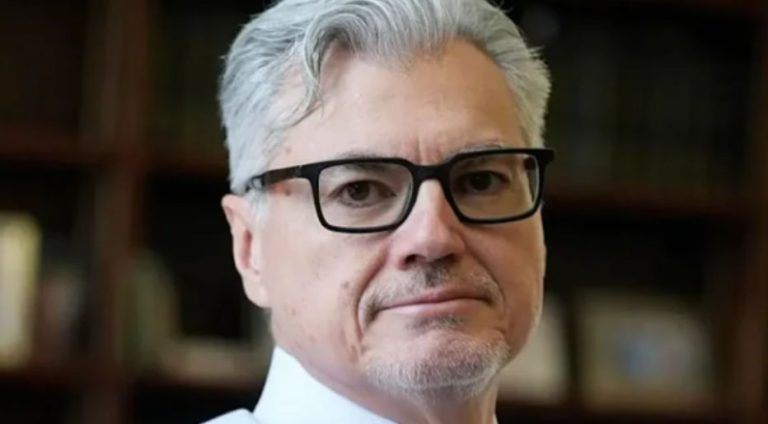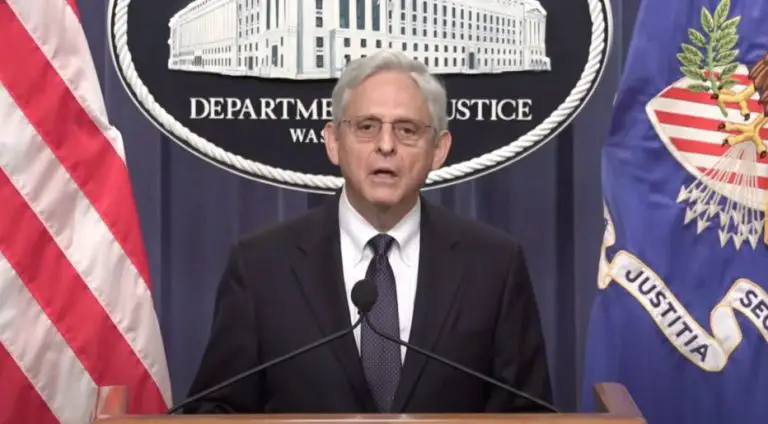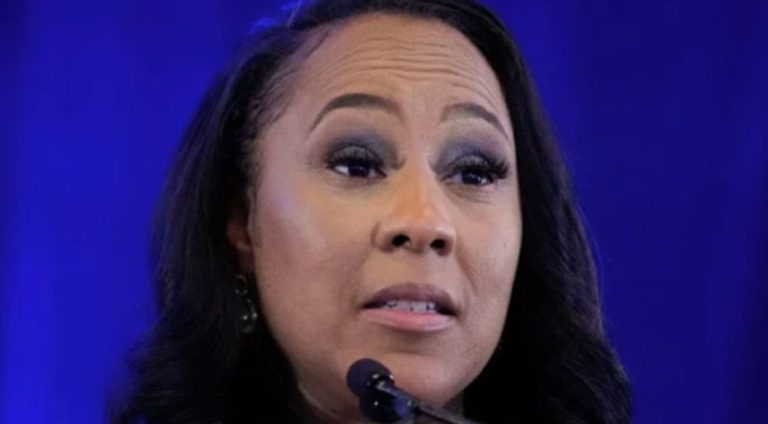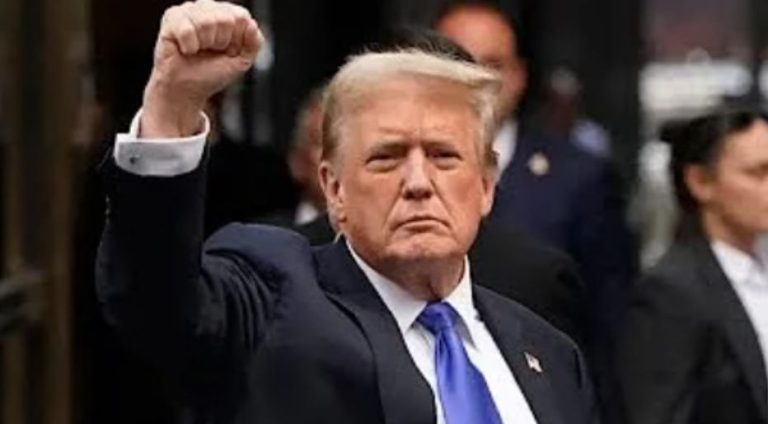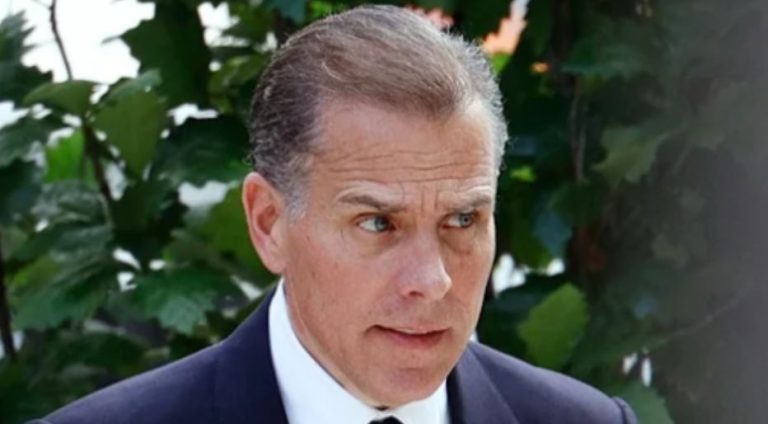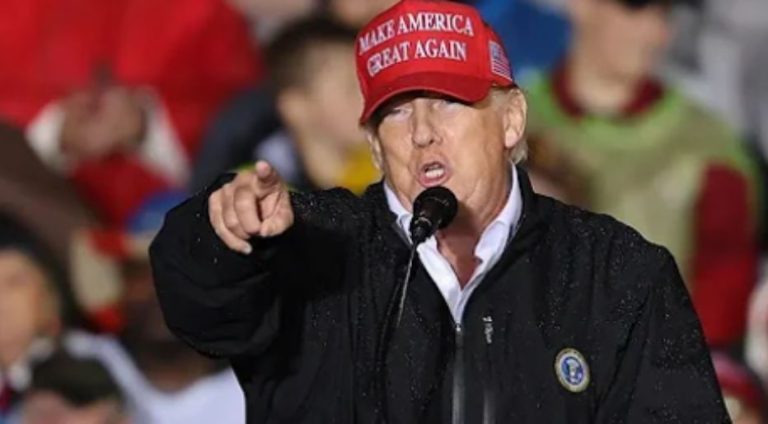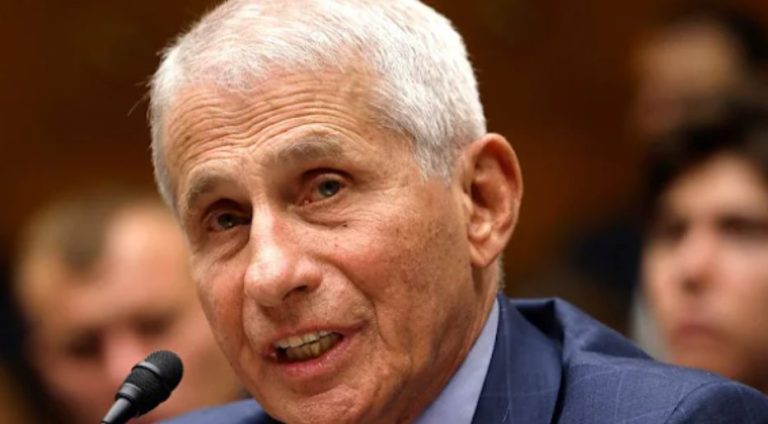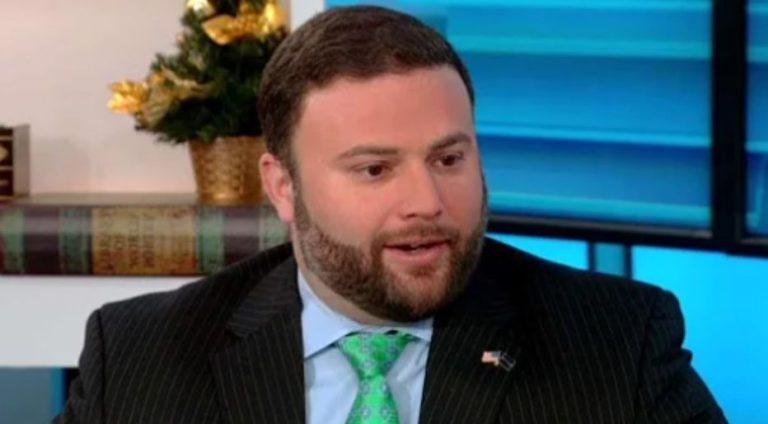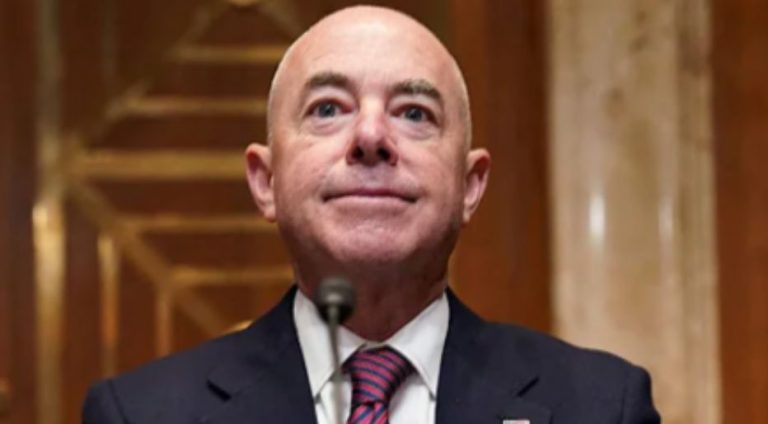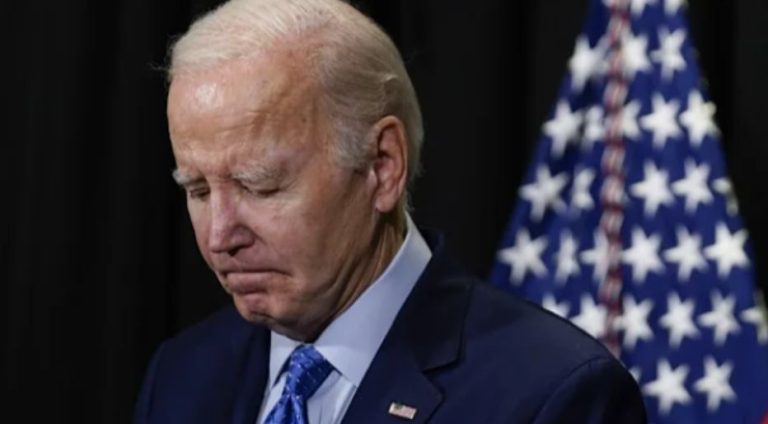The Radical Left hates Trump, and they will stop at nothing to oppose him. And now they have crossed serious lines.
And new evidence shows just how far Democrats are willing to go to stop Trump.
Sen. Ted Cruz (R-TX) unleashed a scathing critique of the Democratic Party during a recent interview, accusing them of being willing to dismantle the U.S. justice system to secure electoral victories and maintain their grip on power.
Cruz’s remarks came during his “Verdict” podcast with co-host Ben Ferguson, where he discussed the guilty verdict handed down by a Manhattan jury in District Attorney Alvin Bragg’s criminal trial against former President Donald Trump.
Cruz did not mince words as he drew stark comparisons between the United States and banana republics, highlighting the fundamental difference being the rule of law.
“If you contrast America to banana republics, the difference is you have the rule of law,” Cruz stated emphatically.
“The difference is you don’t do this. And these Democrats, they hate Trump so much they don’t care. They’re willing to destroy it all.”
Cruz reserved particularly harsh criticism for Alvin Bragg, whom he accused of having a political agenda. “Alvin Bragg, mind you, he is suddenly tough on crime,” Cruz said with evident sarcasm.
“Yeah, this is a guy who, if you murder people, if you rape people, you walk down the street and you punch a little old lady in the face, Alvin Bragg will let you go.” Cruz’s implication was clear: Bragg’s prosecutorial focus on Trump was politically motivated rather than a genuine effort to uphold justice.
The Texas senator asserted that Bragg’s true objective in prosecuting Trump was to bolster Joe Biden’s chances of re-election. “He’s trying to re-elect Joe Biden,” Cruz declared. “He’s trying to stay in power.”
Cruz’s assessment is that the legal maneuvers against Trump are part of a broader strategy to undermine the former president and tarnish his reputation in the eyes of voters.
Cruz also took aim at Judge Juan Merchan, who presided over Trump’s trial, criticizing the jury instructions given during the proceedings.
“The U.S. Supreme Court has long made clear in order to convict someone of a crime, you must prove beyond a reasonable doubt every element of the crime and the jury must find unanimously that you are guilty, you have committed every element of the crime,” Cruz explained.
He contended that Judge Merchan’s instructions allowed the jury too much leeway, likening it to a “choose your own adventure” scenario that undermined the integrity of the judicial process.
The senator expressed confidence that the conviction would be overturned on appeal, suggesting that Democrats were aware of this likelihood but were more interested in the short-term political damage a conviction could inflict on Trump.
“The purpose is what Alex Soros said, the purpose is what Joe Biden said. The purpose is all the Democrats, and all the media get to call him a felon over and over and over again, between now and Election Day,” Cruz argued. “This is a five-month battle. It’s not a five-year battle, the purpose is not to put Donald Trump in jail. They know that’s not going to happen; they are trying to win.”
Cruz’s analysis posits that the Democratic Party is leveraging the justice system as a political tool, prioritizing electoral gains over the integrity of legal processes.
“This is about keeping Joe Biden, the Democrats in power because it’s all they care about. And they’re willing to burn the justice system to the ground to keep the Democrats in power,” he concluded.
Many Americans view the legal actions against Trump as a weaponization of the justice system to target a political opponent, while Democrats argue that no one is above the law and that Trump’s actions warrant prosecution.
As Trump’s legal team prepares for the appeals process, the political ramifications of the trial continue to reverberate.
Regardless of the outcome of the appeal, the trial has set a precedent that will be scrutinized for years to come, highlighting the delicate balance between justice and politics in a deeply divided nation. Cruz’s commentary underscores the high stakes involved and the profound implications for the future of American democracy.
Stay tuned to Prudent Politics.

